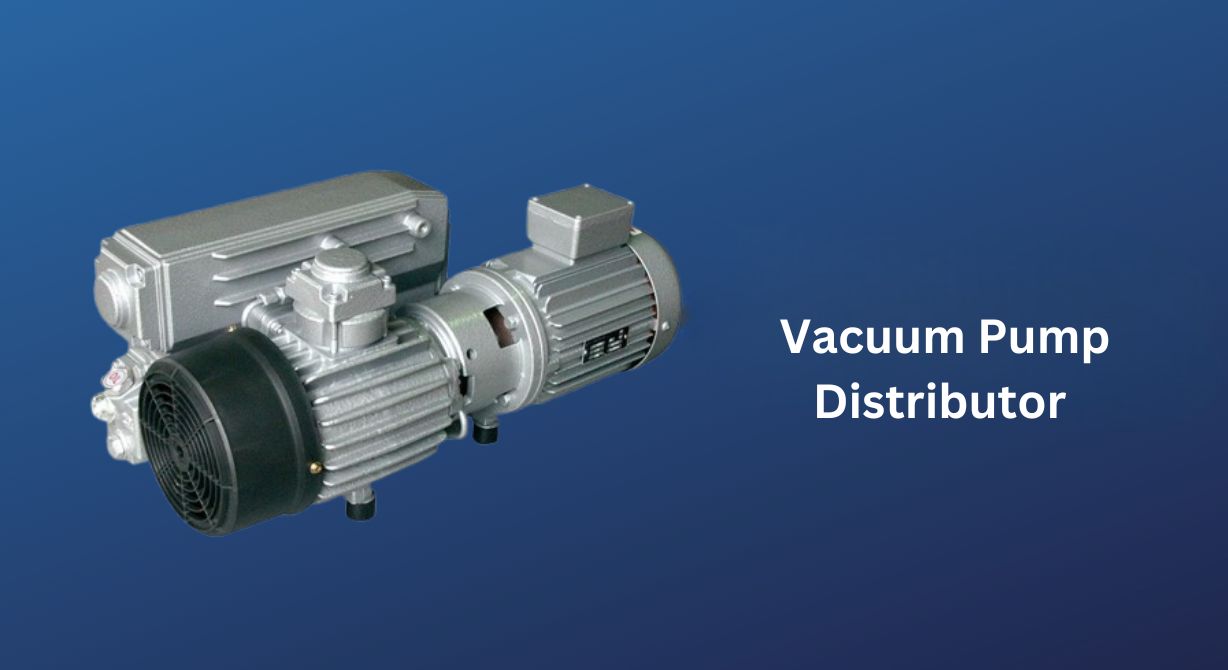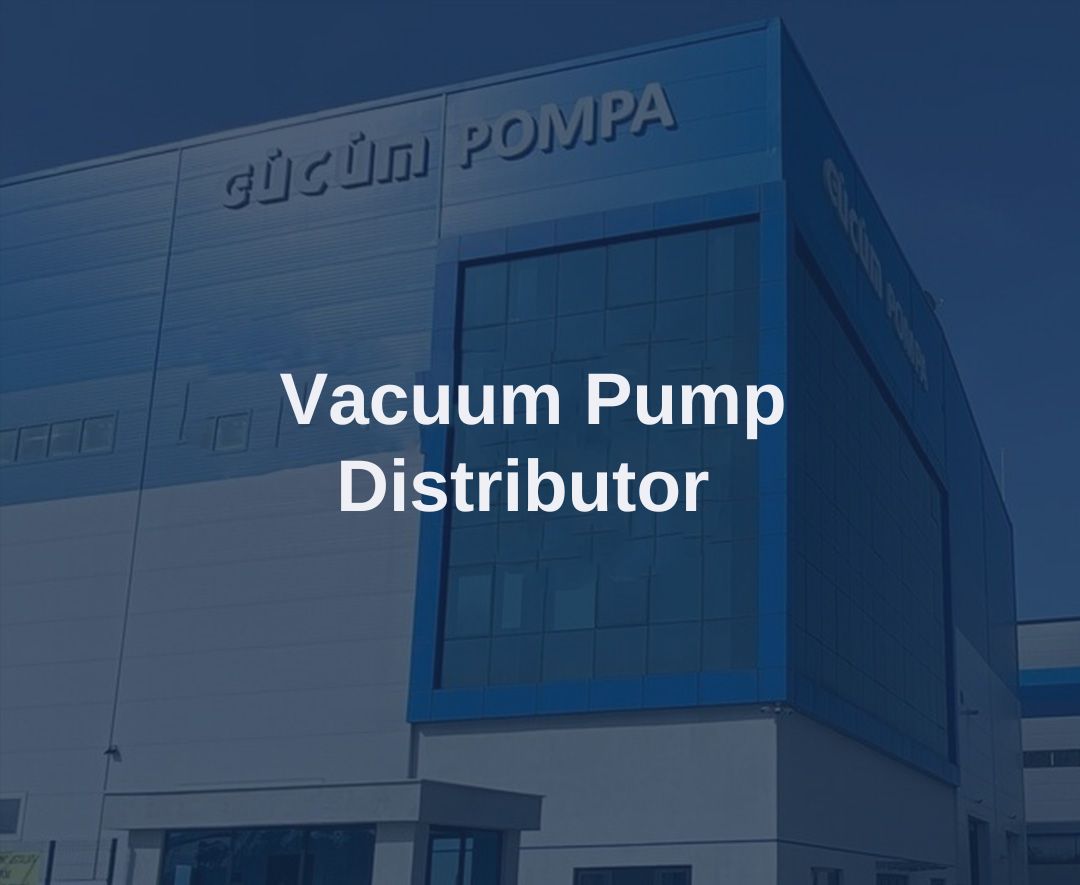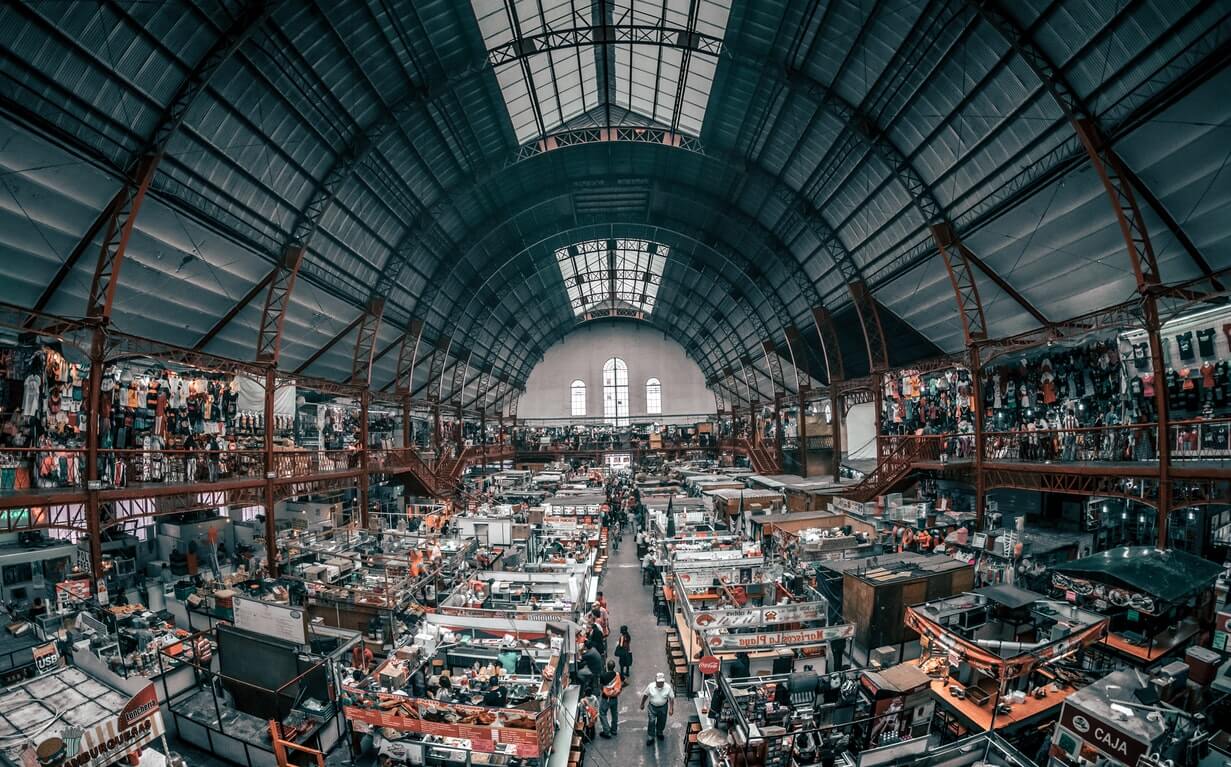Vacuum Pump Distributor
Vacuum Pump Distributor: Strategic Partner for Industrial Solutions
Vacuum pump distributors play a pivotal role in industries such as food, pharmaceuticals, chemicals, semiconductors, energy, automotive, and aerospace. These devices are essential equipment that enhance production efficiency, and wholesale distribution provides cost-effective solutions for businesses. A reliable vacuum pump distributor ensures high-quality products, prompt delivery, and long-term collaboration, helping businesses gain a competitive edge. Acting as trusted suppliers, distributors bridge the gap between manufacturers and businesses, offering tailored solutions for industrial needs. This guide provides a comprehensive overview of the key considerations in selecting a vacuum pump distributor, empowering businesses to choose the right partner.
Vacuum Pump Types and Industrial Applications
Vacuum pump distributors offer a diverse range of products to meet various industry requirements. Rotary vane vacuum pumps are preferred for low to medium vacuum levels in food packaging and automotive industries. Dry vacuum pumps, with their oil-free operation, are ideal for hygienic environments in pharmaceutical and food industries. Liquid ring vacuum pumps are widely used in the chemical industry due to their corrosion-resistant design. Turbomolecular vacuum pumps are critical for ultra-high vacuum (UHV) applications, such as semiconductor manufacturing. Diaphragm vacuum pumps are suitable for laboratory settings. A vacuum pump distributor’s ability to provide this variety ensures businesses find solutions tailored to their specific needs. For instance, the food industry demands FDA or EHEDG-certified vacuum pumps, while the chemical industry requires corrosion-resistant models. The distributor’s portfolio should cater to diverse capacities, sizes, and technology levels.
The Importance of Wholesale for Distributors
Wholesale is a key advantage offered by vacuum pump distributors. High-volume orders reduce per-unit costs, enabling businesses to optimize their budgets. Through wholesale, distributors provide energy-efficient vacuum pump models that lower long-term operating expenses. For example, a vacuum pump with Variable Speed Drive (VSD) technology can reduce energy consumption by up to 30% during low-demand periods. Wholesale also streamlines inventory management and ensures a steady supply of equipment for production processes. Distributors leverage wholesale to reach a broad customer base across multiple industries. However, delivering these benefits requires a distributor to have a robust network of reliable suppliers.

Choosing the Right Distributor: Key Criteria
Selecting a vacuum pump distributor involves evaluating several critical criteria. First, the distributor’s industry experience and expertise should be assessed. A distributor with a long history in wholesale understands the unique needs of different industries and can offer customized solutions. For example, the pharmaceutical industry requires GMP-compliant vacuum pumps, while the energy industry demands high-capacity models. Second, the distributor’s product portfolio should be reviewed to ensure a wide range of vacuum pump models. Third, logistics capacity and delivery reliability are essential for uninterrupted production. Finally, the distributor’s customer support and communication capabilities are vital. A distributor offering 24/7 technical support ensures businesses can address issues promptly. Companies should examine the distributor’s past performance, customer references, and industry success stories to make an informed choice.
Quality Standards and Certifications
A vacuum pump distributor must provide products that comply with international quality standards. Certifications such as GMP, ISO 9001, and ISO 13485 are mandatory for the food and pharmaceutical industries. Additionally, CE markings or UL certifications validate the reliability and global market acceptance of vacuum pumps. For instance, vacuum pumps used in the food industry must have EHEDG certification. Businesses should verify compliance by reviewing the distributor’s product documentation. The distributor’s collaboration with manufacturers also strengthens quality control processes. Distributors working with manufacturers that conduct regular testing during production deliver more reliable vacuum pumps. A distributor’s commitment to quality standards is a critical indicator of long-term partnership potential.
Logistics Capacity and Delivery Reliability
In vacuum pump distribution, logistics processes directly impact operational success. A distributor’s international logistics networks, reliable shipping partners, and expertise in customs regulations optimize delivery timelines. Proper packaging is essential to prevent damage to sensitive vacuum pumps. For example, accurate customs declarations in a wholesale shipment to Europe shorten delivery times. Offering multiple shipping options (air, sea, land) provides flexibility for customers. Real-time tracking systems enable wholesale buyers to monitor their orders effectively. Businesses should assess a distributor’s delivery performance and past successes to ensure reliability.
Energy Efficiency and Environmental Sustainability
Energy costs are a significant portion of industrial budgets, making energy efficiency a priority for vacuum pump distributors. Distributors should offer energy-efficient models, such as those with VSD technology, which can reduce energy use by up to 30% during low demand. Environmentally sustainable vacuum pumps minimize carbon footprints and comply with regulations. Certifications like ENERGY STAR or ISO 50001 validate environmental performance. Businesses should evaluate the energy consumption and performance metrics of vacuum pumps to identify savings potential. A distributor’s eco-friendly supply chain management reinforces its sustainability commitment.
Customer Support and Communication
Robust customer support is a key differentiator in vacuum pump distribution. A distributor’s ability to respond quickly across time zones, offer technical support, and maintain proactive communication enhances collaboration. For example, a distributor supporting an Asian client during off-hours demonstrates dedication. 24/7 technical support prevents supply chain disruptions, especially in emergencies. Businesses should review a distributor’s customer satisfaction history, communication channels, and references. Distributors with online order portals and technical documentation streamline operations.
Technological Innovation and Product Relevance
Vacuum pump distributors must stay ahead of technological trends. Smart vacuum pumps with IoT integration and remote monitoring systems meet modern industrial demands. For instance, a vacuum pump with real-time data analysis optimizes energy use and predicts maintenance needs. A distributor’s ability to stock cutting-edge vacuum pumps reflects its product relevance. Businesses should evaluate a distributor’s commitment to innovation and portfolio updates.
Supply Chain Transparency and Reliability
A vacuum pump distributor must ensure supply chain transparency. Manufacturer relationships, inventory management, and logistics processes impact product reliability. For example, a distributor working with ISO 9001-compliant manufacturers guarantees quality consistency. Transparent processes build customer trust and strengthen long-term partnerships. Businesses should assess a distributor’s supply chain management and manufacturer networks.
Vacuum pump distributors play a strategic role in enhancing industrial efficiency. A trusted distributor offering cost-effective, energy-efficient solutions through wholesale empowers businesses to gain a competitive edge. Compliance with quality standards, logistics capacity, customer support, and technological innovation are key factors in distributor selection. Contact us to explore the best vacuum pump solutions for your industrial needs.


